Brooklyn Father Says Faulty Facial Recognition Led to His Wrongful Arrest
A High-Tech Error With Life-Changing Consequences
A Brooklyn father has spoken out after being wrongfully arrested, saying that a flaw in facial recognition technology used by law enforcement led to his prosecution for a crime he did not commit.
Trevis Williams, 36, says the error has left him shaken and fearful about the potential consequences that might have followed had the mistake not been caught in time.
Misidentified in an Indecent Exposure Case
According to his attorney, the incident began in April when facial recognition software flagged Williams as a suspect in an indecent exposure case in Manhattan. Based on that misidentification, Williams was arrested and charged.
For two days, he remained in custody while the case moved forward, despite evidence showing he was nowhere near the scene. His attorney explained that even after presenting proof of his innocence, the prosecution initially continued.
“The person they were looking for was about five-foot-six, and I’m six-foot-two,” Williams said, pointing out how glaring the mistake was.
Eventually, the charges were dismissed, but not before Williams endured days of stress, fear, and the possibility of being wrongfully labeled for life.
The Emotional Toll of a Mistaken Arrest
Williams described the aftermath as deeply unsettling.
“It’s very stressful. It’s always on my mind. I keep thinking, what if I had been forced to register as a sex offender for something I didn’t do?” he shared.
Though free of charges, he says the experience has left lasting emotional scars and a constant fear of what might happen if such errors occur again.
Renewed Calls to Ban Facial Recognition Technology
The Legal Aid Society, which represented Williams, revealed that his case is not an isolated incident. The organization has documented several wrongful arrests in recent years tied to misidentifications from facial recognition tools.
Advocates argue that the risks of inaccuracy are too high, particularly when people’s freedom and reputations are at stake.
“At this point, it is clear the technology cannot be trusted in criminal investigations. Lawmakers must act to ban its use,” said one advocate.
Williams himself echoed that sentiment, adding, “If it’s not 100 percent accurate, it shouldn’t be used. Too many people are going to suffer for things they never did.”
Technology Versus Public Safety
Supporters of facial recognition technology often argue that it can be a valuable investigative aid, pointing to past cases where it helped identify suspects. But critics maintain that wrongful arrests highlight its dangers, especially when authorities lean too heavily on unverified matches.
For Williams, the issue is personal and urgent.
“The real person who committed the crime is still out there,” his attorney noted. “Meanwhile, an innocent man was put through a nightmare.”
What Comes Next
Williams is now considering legal action, determined to hold those responsible accountable for the mistake. His case has reignited debate across New York about whether the benefits of facial recognition outweigh the risks, and whether such technology should have a place in law enforcement at all.
As the conversation continues, Williams’ story serves as a stark reminder of what can happen when cutting-edge technology collides with human lives — and when errors in a system meant to keep people safe instead put innocent people in harm’s way.
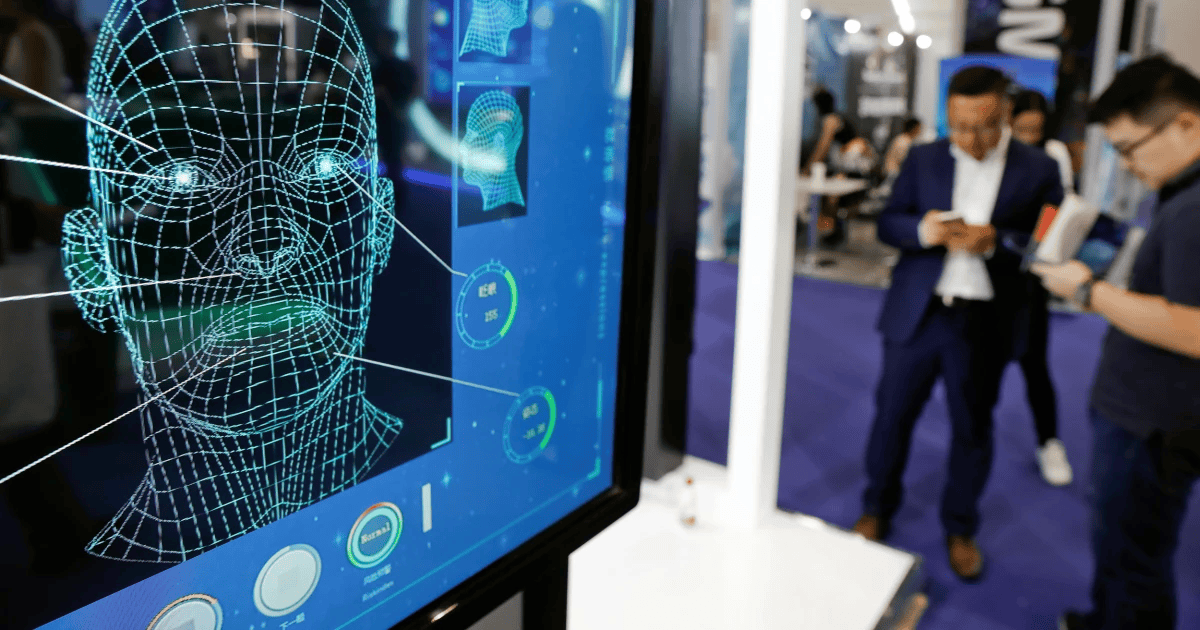
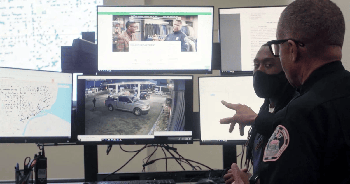
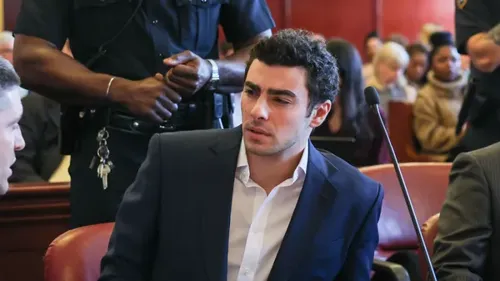
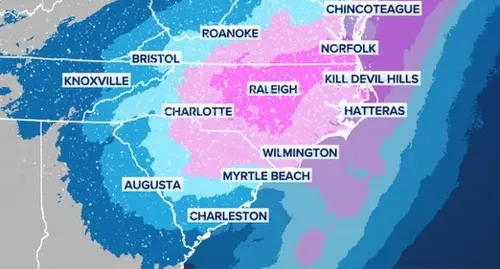

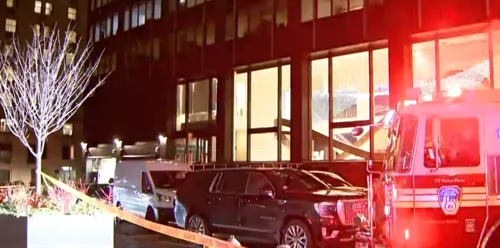
COMMENTS (0)
Sign in to join the conversation
LOGIN TO COMMENT